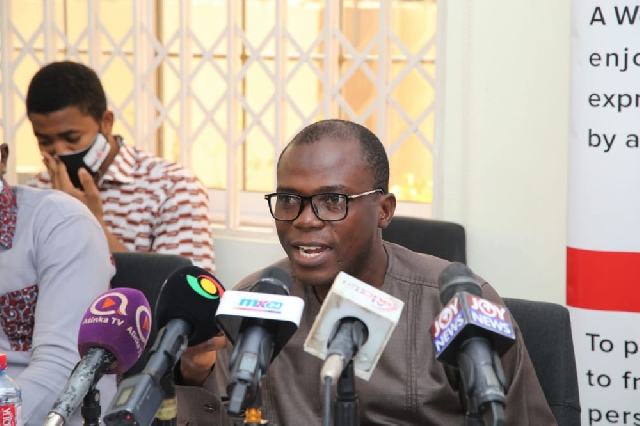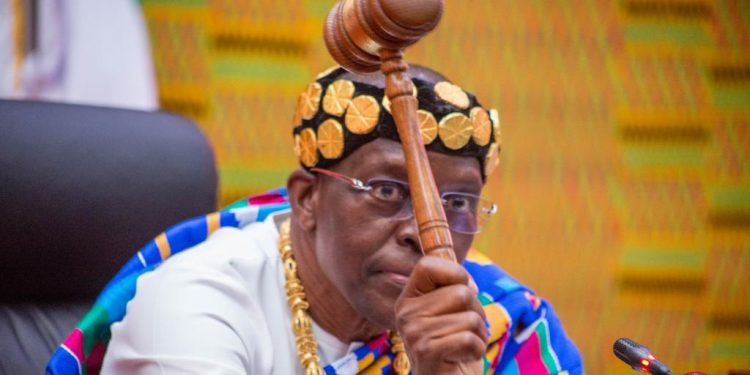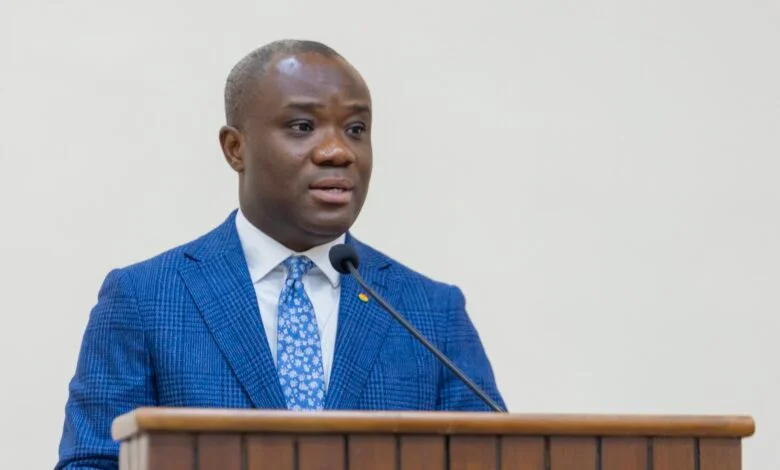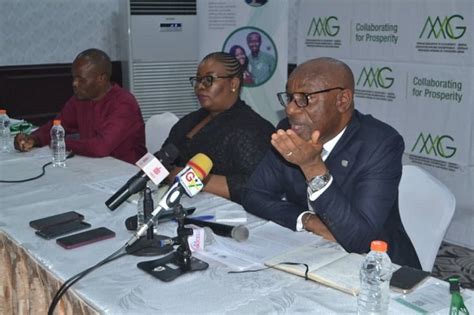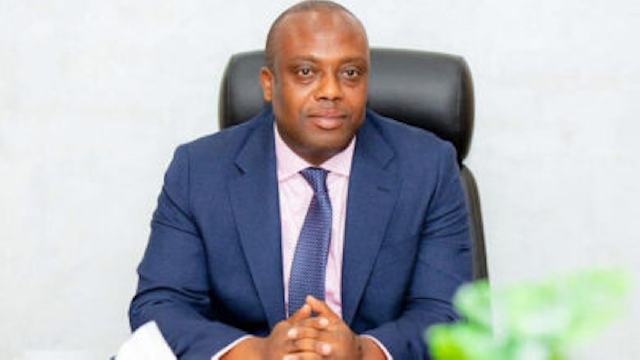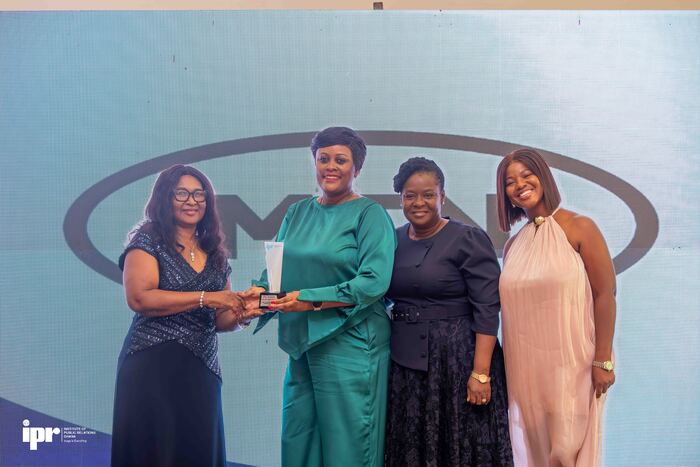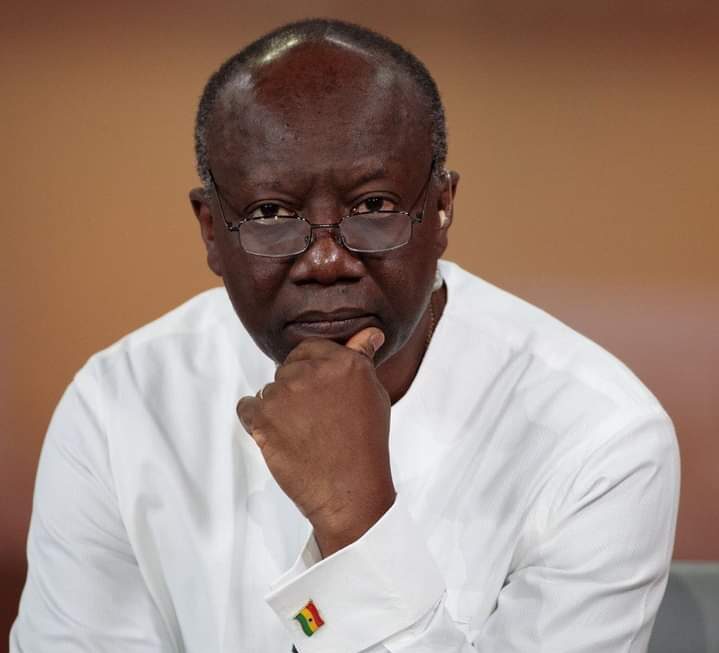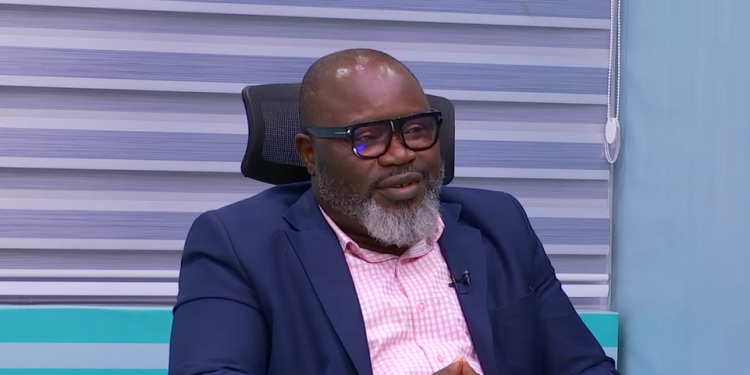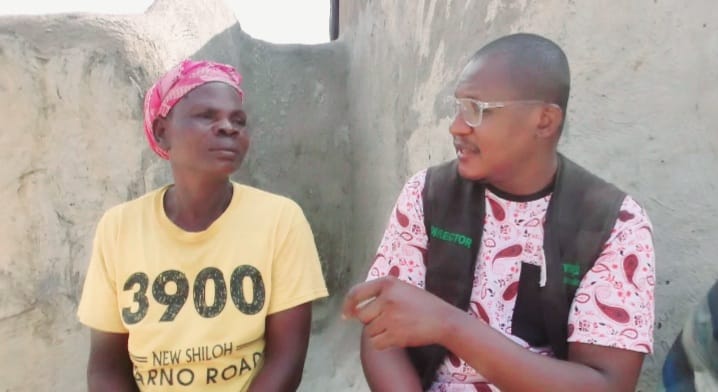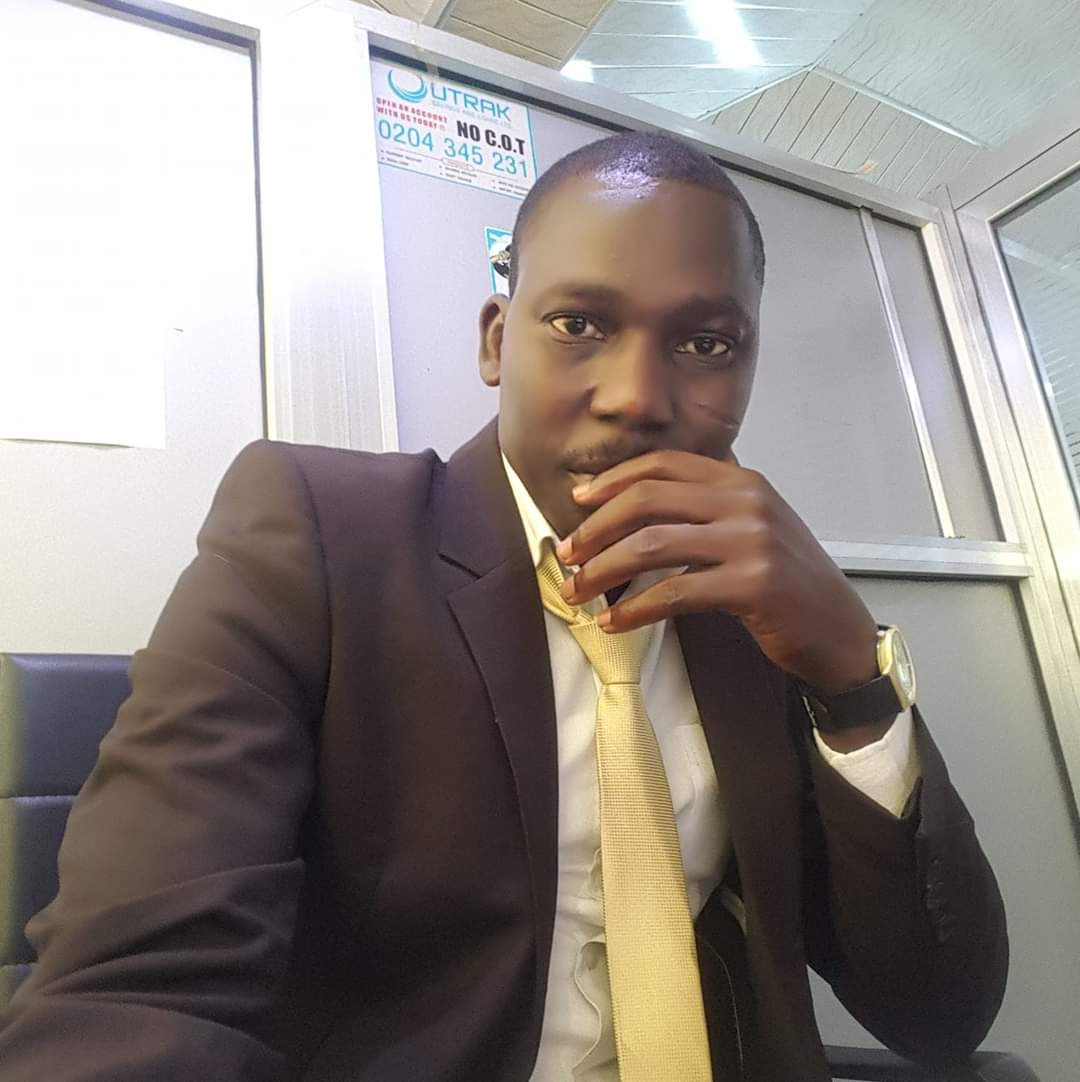In the Nabdam District of the Upper East Region in Ghana, a Pelungu woman named Kolama Sampana found herself at the center of a distressing situation when she was accused of being a witch by a fellow community member. In a documentary entitled “THE HORRORS OF WITCHCRAFT ACCUSATION,” produced by Ngamegbulam Chidozie Stephen, Kolama shared her ordeal, emphasizing her lack of knowledge about witchcraft. This case highlights a concerning trend in the northern part of Ghana, where witchcraft accusations and subsequent acts of lynching have become alarmingly common. It puts the lives of elderly men and women within the society at risk, as they are often perceived as vulnerable and accused of being witches. Kolama’s experience began when she was called to the chief’s palace, where she found herself confronted by six individuals and a prophet. The chief informed her that she had been accused of spiritually bewitching a woman’s son and the chief himself, allegations she vehemently denied. The accuser claimed to have received this information from the pastor during a church service and also alleged that she had witnessed Kolama bewitching her son. Despite Kolama’s consistent denials, the accusations persisted, leading to the suggestion of consulting a soothsayer. Kolama refused to take an oath or accompany them to the soothsayer, firmly asserting her innocence and demanding evidence to prove otherwise. However, a subsequent visit to the chief’s palace only intensified the accusations. Kolama challenged the accuser and suggested that if they truly believed she was a witch, the prophet should pray for her or ask the accuser’s mother to confess. However, the chief rejected this suggestion, and instead of praying for them, they decided to consult a soothsayer who provided a concoction to drink. Interestingly, after consuming the concoction, Kolama and the other accused woman were declared not guilty. Nevertheless, they were asked to contribute more money to find a different soothsayer, but they could not afford it. Luckily, Kolama’s brother intervened, bringing the matter to the attention of the police in Bolgatanga. The police investigated the case, and the chief was instructed to return all the items, money, and animals acquired from Kolama and the other accused woman. Reflecting on the experience, Kolama expressed her frustration with the false accusations and urged people to refrain from labeling others as witches. She highlighted the importance of treating each other as equals, as we are all creations of God. While Kolama feels safe in her community, she no longer enjoys the freedom she once had due to the lingering stigma surrounding the accusations. In the midst of this ordeal, Kolama’s husband, Mr. Sampana Sapak, stood by her side, expressing his deep sadness and pain over the unjust accusations against his wife. He attested to their peaceful marriage and vehemently denied any knowledge of her being a witch. The comments and judgments passed by others when he was out in the community deeply affected him and made him feel disheartened. This story serves as a powerful reminder of the danger and injustice posed by witchcraft accusations, particularly towards vulnerable individuals. It urges society to reject such baseless allegations, treat everyone with respect and equality, and put an end to the rampant stigmatization that threatens innocent lives in northern Ghana. The documentary was sponsored by MRG and with support by MPEC Source: Ngamegbulam Chidozie Stephen Please contact Apexnewsgh.com on email apexnewsgh@gmail.com for your credible news publications. Contact: 0256336062
President of Upper East Region Youth Condemns Acts of Witchcraft Accusation Leading to Mob Violence
In a recent documentary titled “THE HORRORS OF WITCHCRAFT ACCUSATION,” produced by Ngamegbulam Stephen Chidozie of ApexnewsGh, Francis Adingo, the President of the Upper East Region Youth, expressed strong condemnation for the acts of youth engaging in witchcraft accusations that have led to lynching and mob violence against innocent elderly individuals. Adingo described such actions as “unacceptable” and highlighted the importance of the wisdom and knowledge that our old men and women bring to our homes. Adingo emphasized that the region has witnessed barbaric acts that must be condemned in the 21st century. He stressed that it is unjustifiable for the youth and other community members to take the law into their own hands and cause harm to someone based on a mere suspicion of being a witch or wizard. Adingo, along with the Upper East Youth Association and the Civil Society Organization, firmly condemned such acts that have occurred in Pelungu and other parts of the region. Adingo raised concerns about the impact of these accusations on our society. He stated that in this day and age, parents work hard to provide education for their children, hoping that they will become successful and take care of them in their old age. However, if their own children join forces with others, wrongfully accusing them of witchcraft, it is unacceptable. Adingo highlighted the importance of the elderly, who are the bearers of wisdom in our communities, and warned against the consequences of losing them. Adingo called on all stakeholders, including traditional rulers, assembly members, and the police, to address this issue promptly. He urged traditional rulers to abolish any existing laws that perpetuate witchcraft accusations, and for assembly members to play an active role in eradicating this barbaric practice. Adingo also stressed the importance of the police gathering intelligence quickly to protect the elderly and prevent further harm. He expressed his concern about the future repercussions if young people stand idle and watch their fellow youths inflict harm on elderly individuals based on baseless suspicions of witchcraft. Adingo reiterated that the elders hold invaluable traditional knowledge, and their loss would greatly impact the younger generation. He called on society as a whole to prioritize the protection and respect of the elderly, as they serve as the guardians of our traditions and cultural heritage. Mr. Adingo firmly stated that these acts of witchcraft accusation leading to violence have no place in modern society. He urged everyone to join forces to put an end to this inhumane practice and ensure the safety and dignity of our elderly parents and community members. The documentary was sponsored by MRG and with support from MPEC. Source: Ngamegbulam Chidozie Stephen Please contact Apexnewsgh.com on email apexnewsgh@gmail.com for your credible news publications. Contact: 0256336062
Paramount Chief Denounces Lynching as Part of Northern Tradition
Naba Yelzoya Kosom Asaga II Paramount Chief of the Nangode Traditional Area in the Nabdam district of the Upper East Region has clarified that lynching is not part of the northern tradition, regardless of the reasons behind it. He pointed out that in the southern regions, witchcraft is sometimes regarded positively and believed to bring protection and other benefits, but the emphasis in the north is not on the goodness of witchcraft. In a recent documentary titled “THE HORRORS OF WITCHCRAFT ACCUSATION,” Naba Yelzoya Kosom Asaga II, the Paramount Chief of Nangodi Traditional Area in the Nabdam District of the Upper East Region, spoke out against the lynching of old men and women accused of witchcraft. The documentary was produced by Ngamegbulam Chidozie Stephen of ApexnewsGh. According to the chief, the recent rise in witchcraft accusations and subsequent violence is a result of a mix of religions in the region. He condemned these acts and explained that lynchings had occurred in his traditional area, particularly in the Pelungu community, due to ignorance. The chief acknowledged that although legally the chiefs may have done nothing wrong, they should have handled these situations more wisely. He emphasized the need to send perpetrators of violence through the proper legal channels rather than resorting to mob justice. Naba Yelzoya Kosom Asaga II also clarified that lynching is not part of the northern tradition, regardless of the reasons behind it. He pointed out that in the southern regions, witchcraft is sometimes regarded positively and believed to bring protection and other benefits, but the emphasis in the north is not on the goodness of witchcraft. He highlighted that traditional religions in Northern Ghana do not involve physical bloodshed or human sacrifice, as seen in other parts of the country. The Paramount Chief emphasized that respect for human life is a core value in the northern tradition. The integration of traditional religion with Christianity and Islam in the region has led to a blurring of beliefs and practices, contributing to the rise in lynching. The chief urged traditional rulers to work hand in hand with the police and the court system to combat this issue, calling for extensive discussions and cooperation. Expressing concern for the safety of those accused of witchcraft, the Paramount Chief shared that some individuals had fled their communities due to fear and ostracization. He stated that accusations of witchcraft should be dealt with through treatment, known as deliverance, followed by reintegrating the accused back into the community. Naba Yelzoya Kosom Asaga II affirmed that lynching is illegal and should be condemned. He called for individuals involved in such acts to be held accountable under the law to deter further instances of this evil behavior. The paramount chief advocated for collaboration between the police and traditional rulers to address the issue effectively. He stressed the importance of restoring and reintegrating those accused of witchcraft into society rather than banishing them, emphasizing the need for rehabilitation and support. Meanwhile, the documentary was sponsored by MRG with support from MPEC. Source: Ngamegbulam Chidozie Stephen Please contact Apexnewsgh.com on email apexnewsgh@gmail.com for your credible news publications. Contact: 0256336062
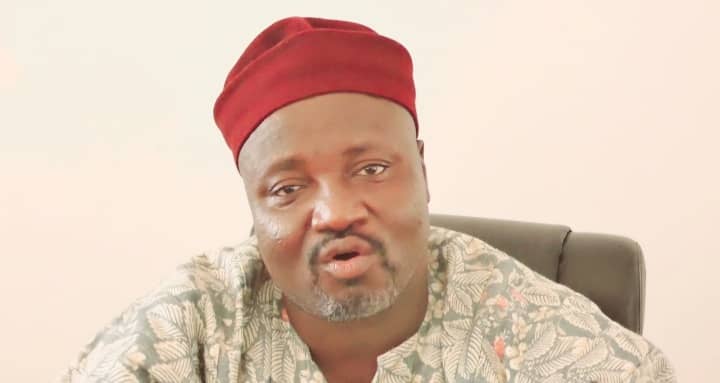 The Paramount Chief of the Chiana Traditional Area, Pe Dituudini Adiana Ayagitam III, who also doubles as the President of the Upper East Regional House of Chief
The Paramount Chief of the Chiana Traditional Area, Pe Dituudini Adiana Ayagitam III, who also doubles as the President of the Upper East Regional House of Chief
Upper East House of Chiefs President Calls for an End to Witchcraft Accusations Against the Elderly
The Paramount Chief of the Chiana Traditional Area, Pe Dituudini Adiana Ayagitam III, who also doubles as the President of the Upper East Regional House of Chief, has urged the people of the Upper East Region and Ghanaians in general to stop the lynching of elderly individuals based on the misconception that they are witches. Expressing concern over this unfortunate practice, particularly prevalent in the northern parts of the country, the President of the Regional House of Chief emphasized the need to cherish and support the elderly. He stated, “We should aspire to be known as a country that values and respects long life, instead of a country that prematurely ends it. Let us extend our wholehearted support to them and endeavor to understand the factors that have contributed to their longevity, so that we may learn from their lifestyles. We ourselves grieve and feel immense sorrow when a young life is lost prematurely.” He advised These clarion calls were made during the airing of a documentary titled “THE HORRORS OF WITCHCRAFT ACCUSATION,” produced by Ngamegbulam Chidozie Stephen of ApexnewsGh. The President of the Regional House of Chief emphasized the respected status of the elderly within society and acknowledged their wisdom and knowledge of community history. “In the Kessena enclave, we consider the aged as individuals whom God has blessed. We often seek their guidance and insights.” He further dismissed the misconceived notion that old age equates to witchcraft, highlighting the fact that longevity is a blessing from God rather than an indication of malevolence. He urged society to dispel this harmful belief and uphold the respect and dignity of the elderly. Addressing the issue of witchcraft accusations, the President called for tighter regulation and monitoring of soothsayers and fetish priests who claim to possess the ability to detect witches. He suggested that such activities should be subject to oversight by the traditional authorities, specifically the Paramountcy’s or divisions. This would ensure that decisions regarding accusations are made with the involvement of traditional leaders, rather than allowing the youth to take matters into their own hands. He also questioned the decision to involve the youth in taking an accused individual to a soothsayer, emphasizing the need for responsible and informed action. The Paramount Chief passionately advocated for an end to the lynching of elderly individuals and urged society to celebrate their longevity. By recognizing and respecting the factors that contribute to longer life, Ghana can embody a culture of honor and support for its elder citizens. The documentary was sponsored by MRG with support from MPEC.
Paramount Chief of Talensi Traditional Area Vows to End Witchcraft Accusations and Lynching
According to a recent documentary, titled “The Horrors of Witchcraft Accusation,” Tongraan Kugbilsong Nanlebegtang, the Paramount Chief of the Talensi Traditional Area in the Upper East Region, has made a resolute stand against unfounded witchcraft accusations and lynching within the community. The documentary was produced by Ngamegbulam Chidozie Stephen of ApexnewsGh as a campaign against such inhumane and condemnable act. As a community leader, Tongraan emphasized that the Talensi Traditional Area strongly opposes baseless allegations of witchcraft or wizardry and the subsequent trial by ordeal or lynching of individuals accused. He firmly stated that such actions are not acceptable in Talensi and that the traditional council has strict instructions to punish chiefs who allow these practices. Tongraan emphasized that accusations of witchcraft should not be brought to the chief without solid evidence, and any chief who tries to handle such cases would be in violation of Talensi’s rules. The traditional council vehemently opposes lynching and ensures that those who engage in it face legal consequences. Tongraan clarified that if someone is accused of witchcraft, the matter is immediately dismissed, and the person making the accusation is advised to seek legal recourse through the court system if they so desire. He stressed that trying accused individuals through divisional or sub-chiefs is unacceptable. Any information regarding such practices is swiftly acted upon by the traditional council, resulting in the banishment of those involved and subsequent legal actions taken against them. When asked about his belief in witchcraft, Tongraan acknowledged the existence of supernatural forces in various forms. However, he did not explicitly state his personal beliefs regarding witchcraft. He highlighted that the perception that being old automatically makes someone a witch is incorrect and a wrongful stereotype. Tongraan emphasized that everyone will grow old eventually and that age should not be a basis for accusations or mistreatment. Although the Talensi Traditional Area has a history of witchcraft accusations and resulting casualties, Tongraan’s firm stance aims to put an end to these harmful practices within the community. By actively confronting unfounded allegations and promoting legal recourse, he seeks to eliminate the stigma and violence associated with witchcraft accusations in Talensi. The documentary was sponsored by MRG with support from MPEC. Source: Ngamegbulam Chidozie Stephen Please contact Apexnewsgh.com on email apexnewsgh@gmail.com for your credible news publications. Contact: 0256336062
 Paramount Chief of the Sakoti Traditional Area in the Nabdam district of the Upper East Region, Naba Sigri Bewong
Paramount Chief of the Sakoti Traditional Area in the Nabdam district of the Upper East Region, Naba Sigri Bewong
Sakoti Paramount Chief Condemns Lynching of Marginalized Groups
The Paramount Chief of the Sakoti Traditional Area in the Nabdam district of the Upper East Region, Naba Sigri Bewong, has strongly condemned the lynching of old men and women and people perceived to be from marginalized groups. This statement was made during his participation in a recent documentary titled “THE HORRORS OF WITCHCRAFT ACCUSATION,” produced by Ngamegbulam Chidozie Stephen of ApexnewsGh. Naba Sigri Bewong, who has been serving as a paramount chief in the area for over 25 years, expressed his disappointment in the extreme act of lynching. He emphasized that while witchcraft does exist and belongs to the evil spirit according to their beliefs, he does not possess the ability to identify who is a witch and who is not. Therefore, he advised against taking the law into their own hands. In cases brought before him, the paramount chief mentioned that when a person confesses to being a witch, they are considered reformed and are urged to coexist peacefully within the community. He strongly opposed the act of lynching, stating that it is simply the act of killing another human being. He further stressed the importance of abiding by the law and called on the community to refrain from beating, lynching, or killing individuals. Naba Sigri Bewong also highlighted that the perception that women alone are witches is incorrect, as men are also believed to possess witchcraft abilities. According to his understanding, witches operate as a society, with their own leaders and members. He mentioned that they are believed to hold meetings on trees during the night and have the ability to transform themselves into animals or cause harm to others. The paramount chief urged his community to reject the act of lynching and to work towards peaceful coexistence, emphasizing the importance of respecting the law. The documentary was sponsored by MRG with support from MPEC. Source: Ngamegbulam Chidozie Stephen Please contact Apexnewsgh.com on email apexnewsgh@gmail.com for your credible news publications. Contact: 0256336062
Bongo Paramount Chief Advocates for Sensitization to Combat Witchcraft Accusations
Following a recent documentary titled “THE HORRORS OF WITCHCRAFT ACCUSATION,” produced by Ngamegbulam Chidozie Stephen of ApexnewsGh, the Paramount Chief of the Bongo Traditional Area, Naba Baba Salifu Aleemyarum, expressed his concern over the inhumane and unlawful practice of accusing and lynching individuals, particularly old men and women, as witches and wizards. He emphasized the need for a sensitization exercise to educate the youth and chiefs in various communities about the consequences of such actions. Naba Baba Salifu Aleemyarum expressed sadness at hearing about instances where individuals are subject to lynching based on allegations of witchcraft. He highlighted the importance of not taking the law into one’s own hands, as judging one’s neighbor is against biblical teachings. He believed that this practice contributed to the calamities experienced within their jurisdictional areas, emphasizing the urgency of organizing sensitization initiatives that primarily target the emotionally-driven youth. The Paramount Chief lamented the erosion of traditional rights and powers of the chiefs in today’s society. He shared an example where individuals sought refuge in the chief’s palace but were still pursued and lynched. He asserted that such actions demonstrated a complete disregard for authority and disrespect. Consequently, he advocated for the recognition of the roles traditional rulers play and the implementation of policies that would empower them. Naba Baba Salifu Aleemyarum expressed doubts about the efficacy of sending people accused of witchcraft to court, noting that cases often linger for over a decade without resolution. He mentioned that the Lynching occurred following the insistence of those making accusations to conduct a trial by ordeal. The Paramount Chief firmly proclaimed that such practices were not allowed by law and refused to agree to them to prevent tensions that could lead to increased instances of lynching. Furthermore, he highlighted the belief that attributing deaths to witchcraft and taking matters into one’s own hands only resulted in assuming responsibility for the sins committed by the accused. He warned about the detrimental effects of such actions, which could lead to the destruction of families and communities. When asked about his belief in witchcraft, Naba Baba Salifu Aleemyarum acknowledged its existence, stating that the very term “witchcraft” would not exist if it did not. He cited the invention of the airplane as an example, claiming that the knowledge to fly was rooted in witchcraft. However, he distinguished between the use of witchcraft to develop and the harmful use that leads to destruction. To address this worrying situation, the paramount chief proposed the use of the media as a tool for sensitization. He suggested involving chiefs and other relevant actors in radio discussions to create awareness and promote understanding. He stressed that if actors did not confirm someone as a witch, there would be no basis for emotional reactions and subsequent lynchings. Naba Baba Salifu Aleemyarum futher emphasized the need for a comprehensive approach involving sensitization exercises, the recognition of traditional rulers, and the responsibility of religious bodies to combat witchcraft accusations and related violence in Ghanaian society. The documentary was sponsored by MRG with support from MPEC. Source: Ngamegbulam Chidozie Stephen Please contact Apexnewsgh.com on email apexnewsgh@gmail.com for your credible news publications. Contact: 0256336062
Upper East Regional Chief Imam condemns witchcraft accusation and lynching, says is unislamic
According to a recent documentary dubbed “The Horrors of Witchcraft Accusation,” produced by Ngamegbulam Chidozie Stephen of ApexnewsGh, the Upper East Regional Chief Imam Sheikh Umar Yussif Imam has raised concerns about the credibility of those engaged in witchcraft accusations that often result in lynching. Sheikh Umar Yussif emphasized that taking the law into one’s own hands is condemned in the Quran. According to the Sheikh, “Our Holy Prophet acknowledges the existence of witchcraft, but we must not resort to vigilante justice. We have institutions such as the police service, chiefs, and religious leaders to handle such matters. How can we accurately measure someone’s supposed witchcraft? It is impossible. The Quran strongly condemns individuals who take the law into their own hands and kill others over baseless accusations.” Sheikh Umar Yussif further emphasized that even if someone is accused of witchcraft, they should not be killed. Instead, they could be banished from the community or dealt with by the chief. He stated, “Continuing such measures is preferable to lynching any accused person.” The Chief Imam highlighted that no one has the right to take another person’s life, and those who engage in killings should themselves be punished accordingly. He noted that under Islamic teachings, if someone kills another person, they must be killed as well. Similarly, if someone removes another person’s eye, their own eye should be removed. Therefore, lynching individuals based on accusations is not only morally wrong but also punishable. Sheikh Umar Yussif believes that the government should play a vital role in ensuring the safety and welfare of the elderly in society. He referenced Western countries and the Arab world, where specific facilities are built for the aged, and the government provides them with a registration identity number for monitoring purposes. Additionally, the government allocates funds for their upkeep and ensures they are provided with meals three times a day. Consequently, Sheikh Umar Yussif suggested that if the government genuinely cares for the elderly, it should take a strong stance and announce severe consequences for those found guilty of lynching or killing the aged. This would serve as a deterrent and help protect vulnerable members of society. Meanwhile, the Upper East Regional Chief Imam Sheikh Umar Yussif Imam has expressed his concern over the credibility of witchcraft accusations leading to lynching. He has called for adherence to the Quran’s teachings, emphasizing the need to involve authorities and institutions in handling such matters. Additionally, he highlighted the importance of government intervention in safeguarding the elderly and suggested harsh penalties for those involved in acts of violence against them. Meanwhile, the documentary was sponsored by MRG with support from MPEC Source: Ngamegbulam Chidozie Stephen Please contact Apexnewsgh.com on email apexnewsgh@gmail.com for your credible news publications. Contact: 0256336062
Societal Norms Diluted, Leading to Increase in Witchcraft Accusations and Lynching—Prof. Millar
In a recent documentary titled “THE HORRORS OF WITCHCRAFT ACCUSATION”, produced Ngamegbulam Chidozie Stephen of ApexnewsGh, Prof. David Millar, President of the Millar Institute for Transdisciplinary and Development Studies (MITDS), shed light on the alarming rise of witchcraft accusations and lynching incidents in various communities. Millar attributed this trend to the weakening of societal norms. According to Prof. Millar, the dilution of societal norms can be attributed to the shrinking size of families and the weakening of family ties. Additionally, modern influences, such as changes in governance systems and perceptions of wellbeing, have played a role in altering the perception of poverty. These factors have collectively contributed to the increase in witchcraft accusations and subsequent instances of lynching. The astute Professor Millar further highlighted that accusations of witchcraft are typically targeted towards marginalized and vulnerable individuals. These individuals, often from poor and unknown families, become easy targets for labeling as witches. However, traditionally, being called a witch was considered a status symbol. Chiefs and elders in the northern communities of Ghana valued witches, as they were believed to possess the ability to predict calamities and serve as early warning systems for the community. Contrary to the traditional role of witches as spiritual protectors, the recent victims of lynching are individuals from families that do not have witches. Millar emphasized that these victims are not true witches, as their alleged witch status is a fabrication. The lynching incidents emerge from modern interferences that have distorted the understanding and appreciation of witchcraft in society. He further proposed that traditional structures and systems, such as chiefs, elders, and family heads, can protect accused witches in communities. Rather than relying on government or NGOs, he believes that involving the community itself is crucial for finding a solution to this pressing issue. Through community involvement, witchcraft accusations can be carefully evaluated, ensuring that innocent individuals are not unfairly targeted. To reinstate discipline and ensure fairness in the process of identifying witches, Prof. Millar suggested implementing a practice where the village chief and elders sip the concoction given to the alleged witch before it is administered. This approach would establish a sense of responsibility, preventing baseless accusations and promoting a more thorough examination of each case. However, Prof. Millar’s engagement with ApexnewsGh has unveiled the underlying causes of the surge in witchcraft accusations and the subsequent lynching incidents in Ghana. “By understanding the dilution of societal norms and implementing traditional protective structures, communities can work towards eradicating this dangerous and unjust practice”. Prof. Millar stressed The documentary was sponsored by MRG with support from MPEC Source: Ngamegbulam Chidozie Stephen Please contact Apexnewsgh.com on email apexnewsgh@gmail.com for your credible news publications. Contact: 0256336062

